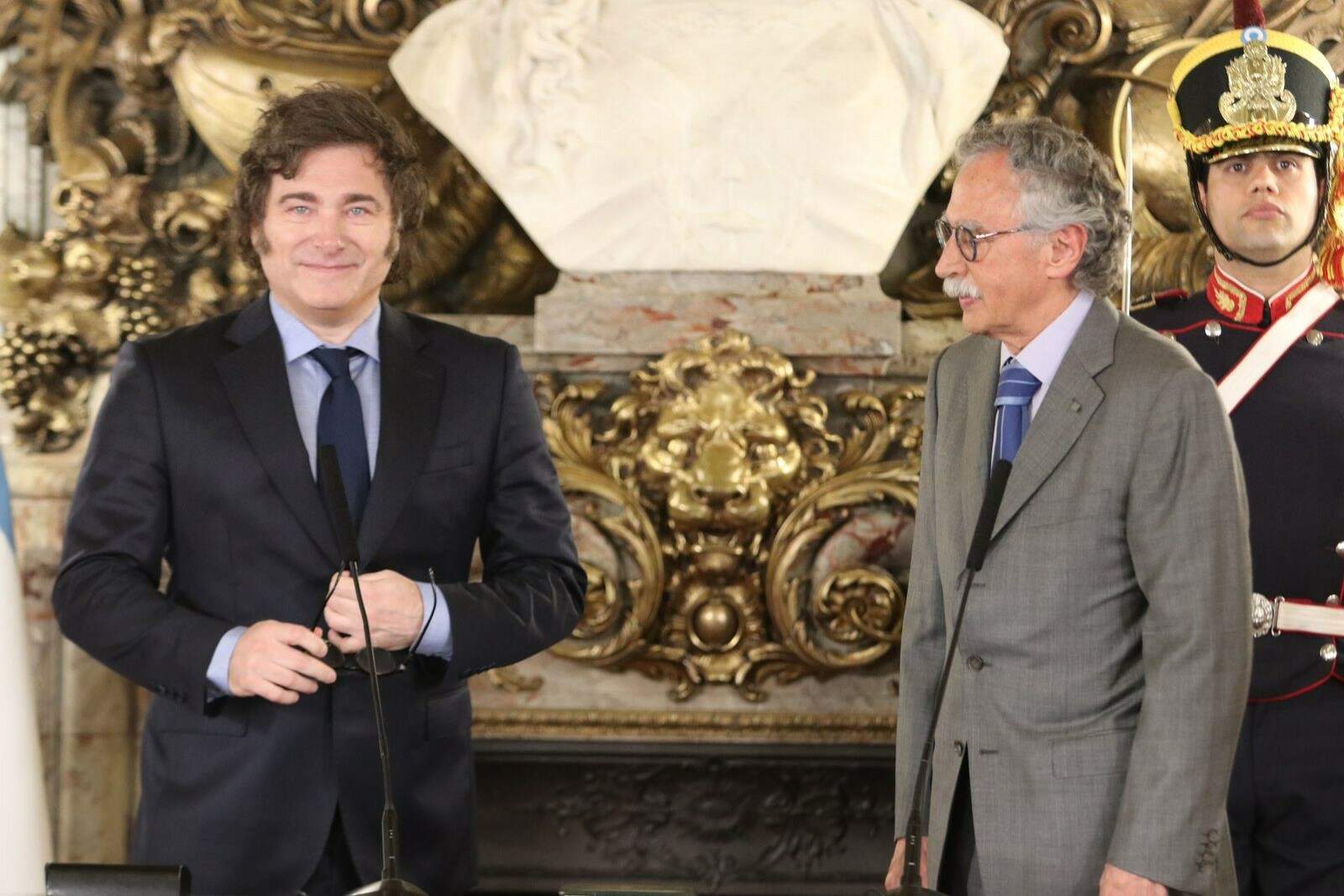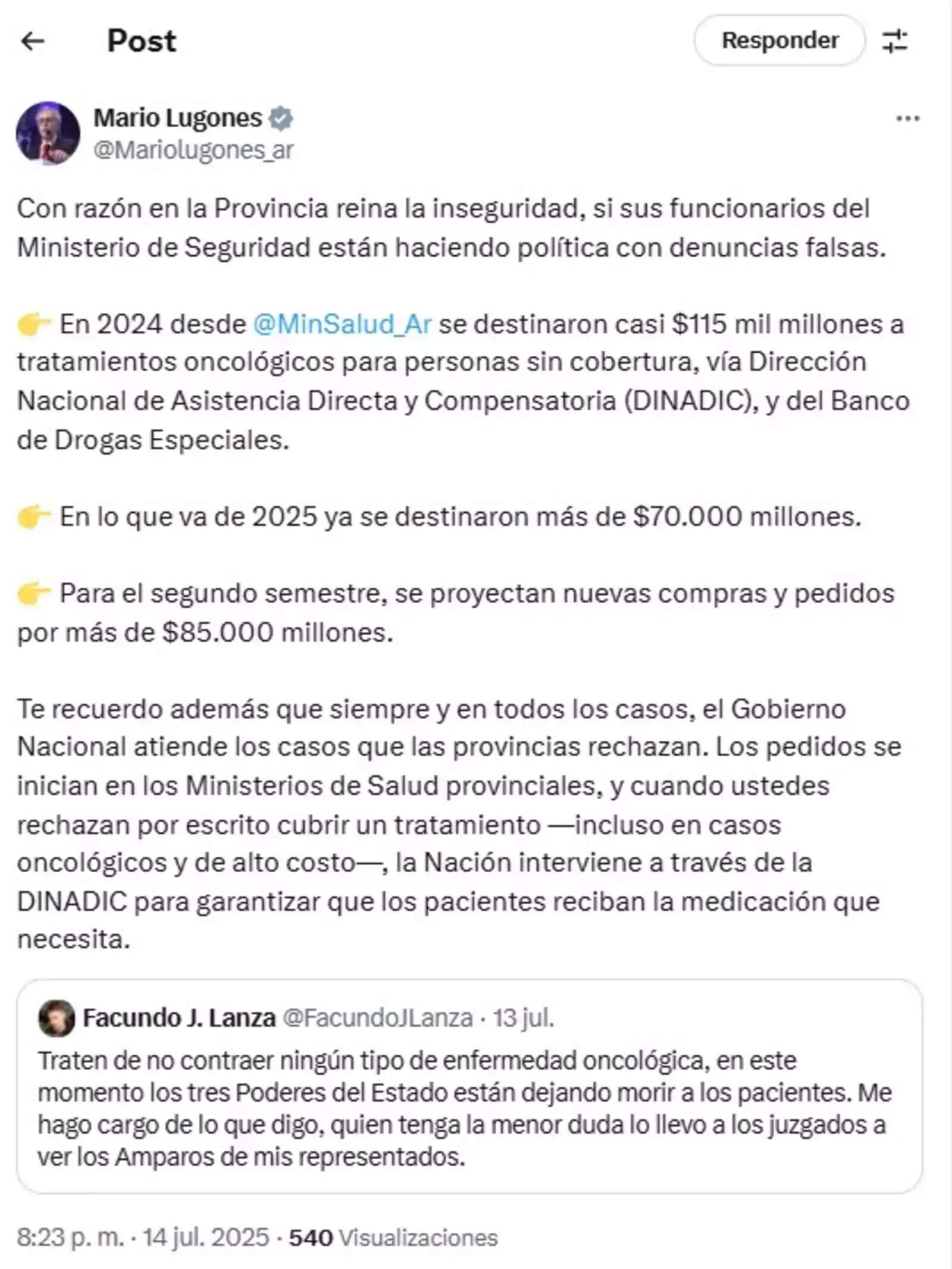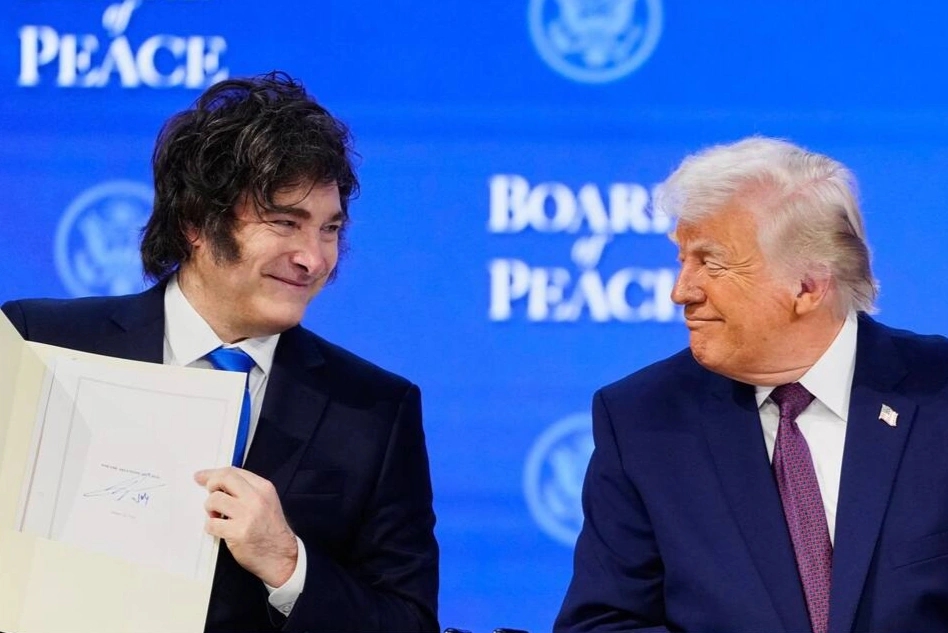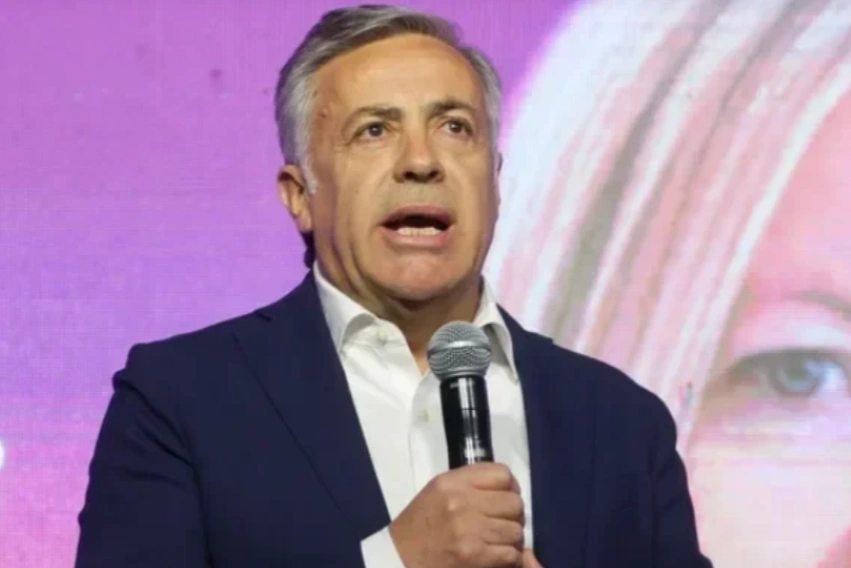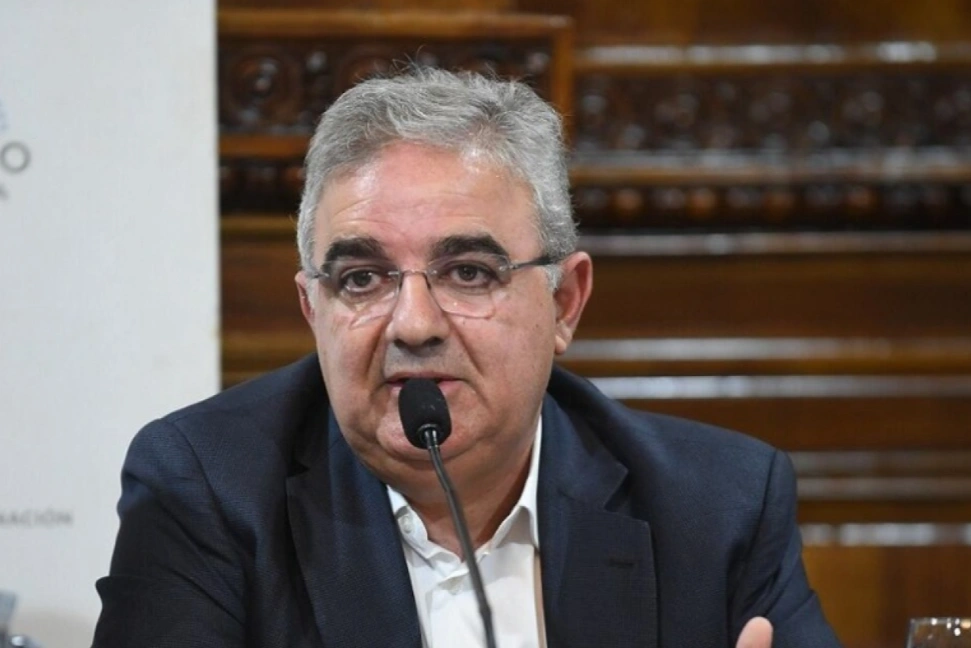While the Kirchnerist opposition attempts to promote a narrative of neglect in healthcare, official data show a very different reality. Since 2024, Javier Milei's government has invested more than $270,000 million in oncology medications for patients without coverage, a large portion of which were treatments rejected by the provinces themselves, especially Buenos Aires, governed by Axel Kicillof.
This figure comes from the official response of the Minister of Health, Mario Lugones, who strongly refuted the accusations made by Facundo Lanza, a Kirchnerist official from the Buenos Aires Ministry of Security, who had claimed without evidence that "all three branches of government are letting patients die."
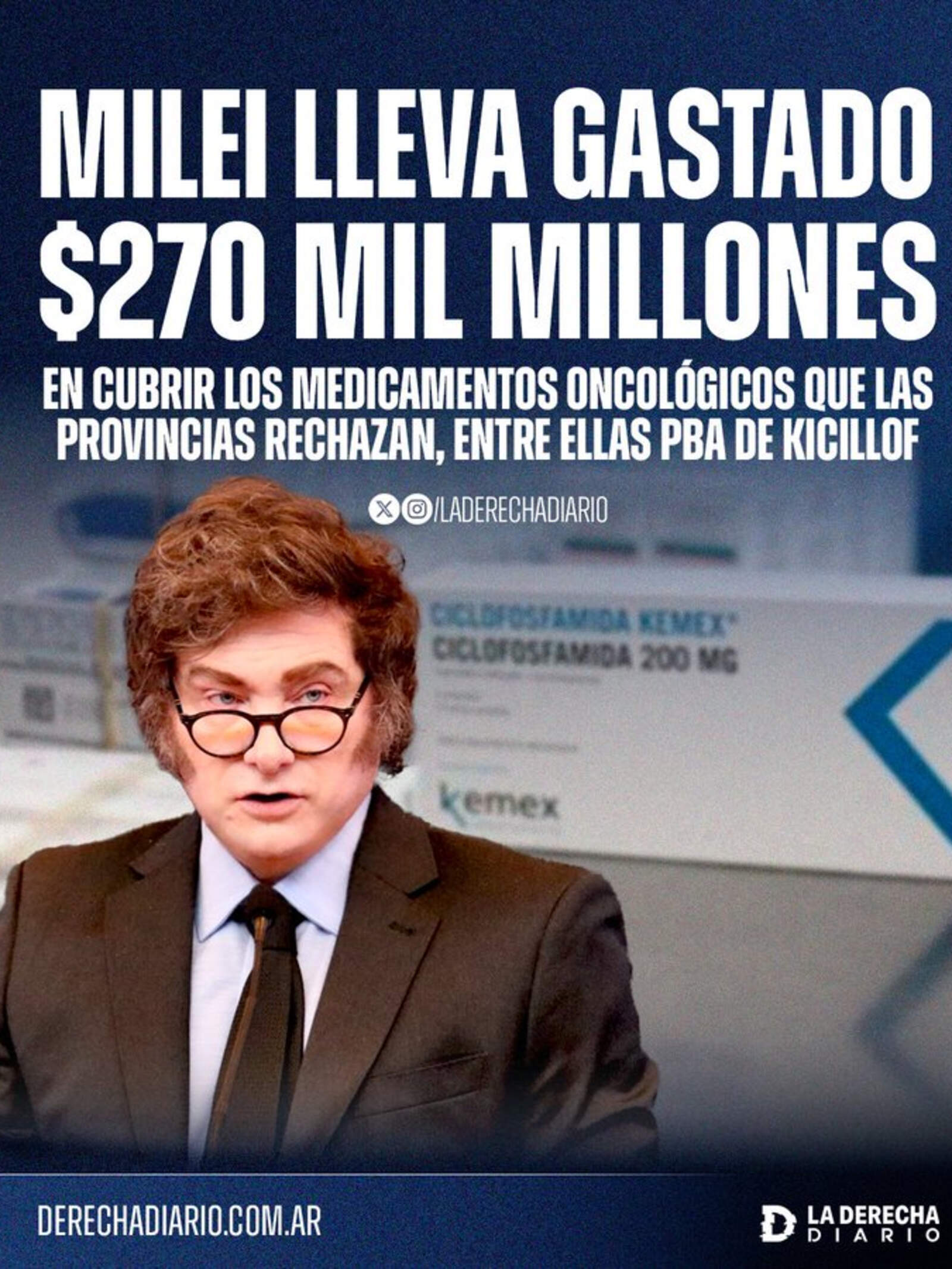
In response to these serious accusations, Lugones detailed that in 2024 alone, the Ministry of Health allocated $115,000 million to oncology treatments through the National Directorate of Direct and Compensatory Assistance (DINADIC) and the Special Drug Bank. So far in 2025, more than $70,000 million have already been executed, and another $85,000 million are projected for the second half of the year, bringing the total to more than $270,000 million.

